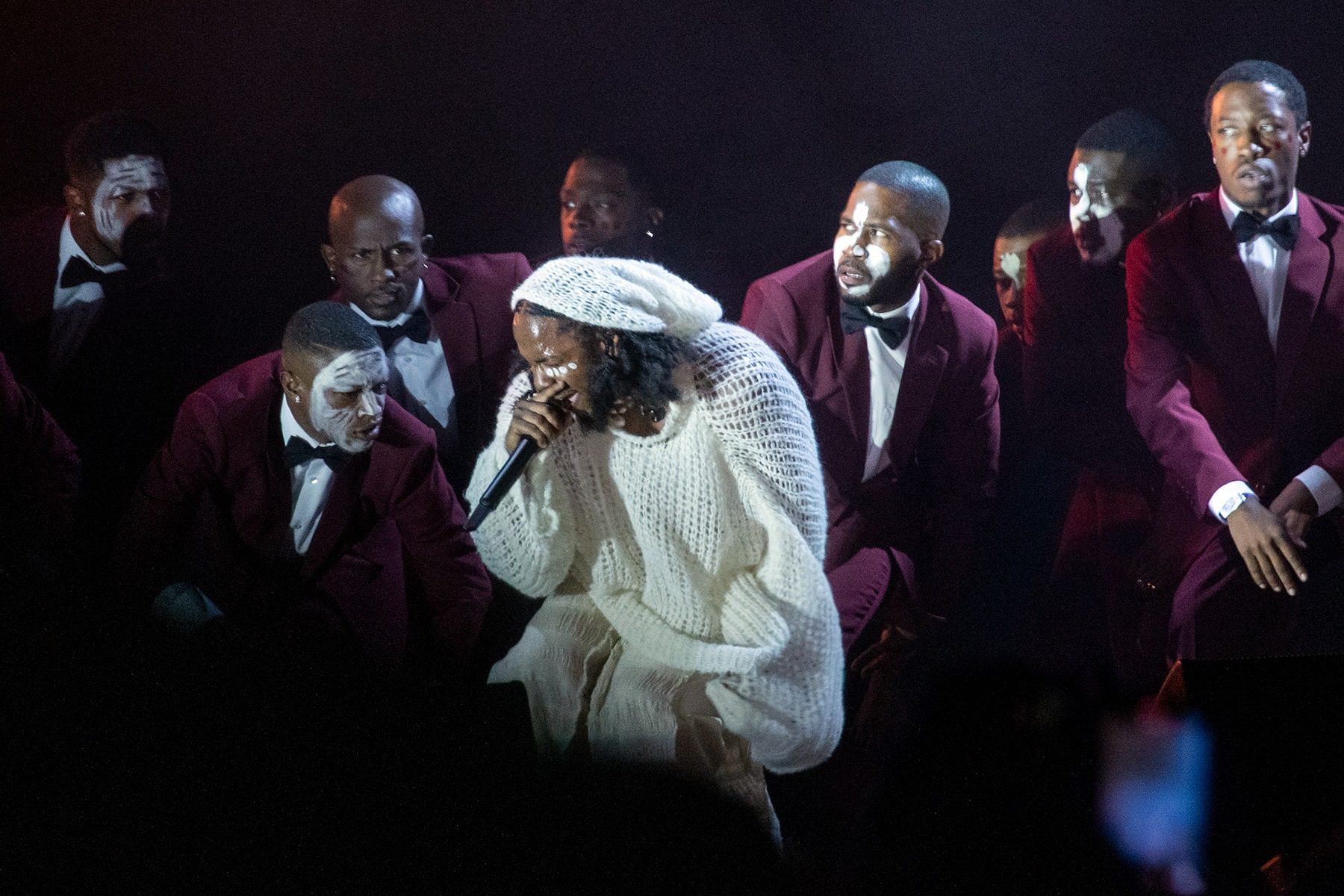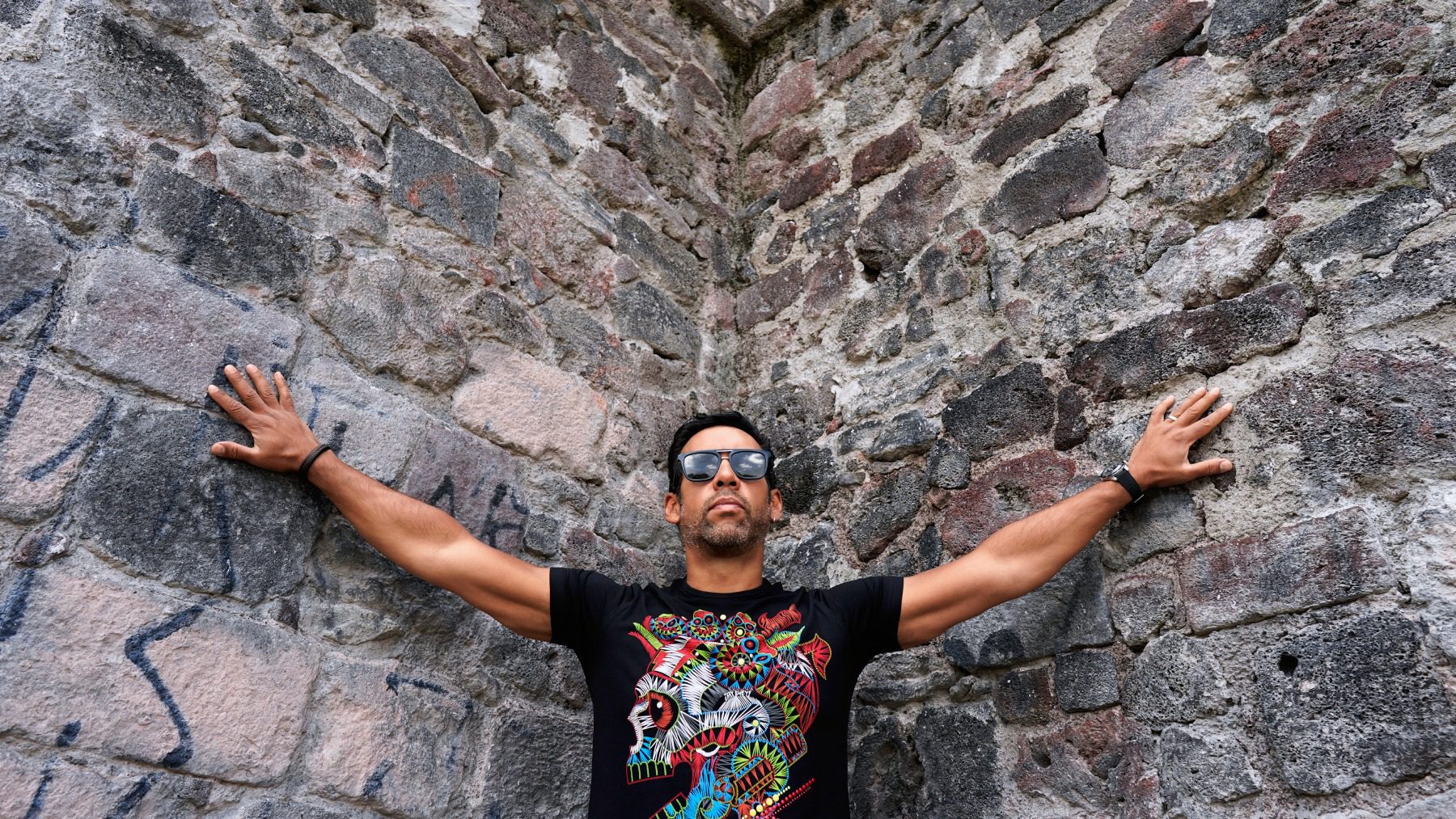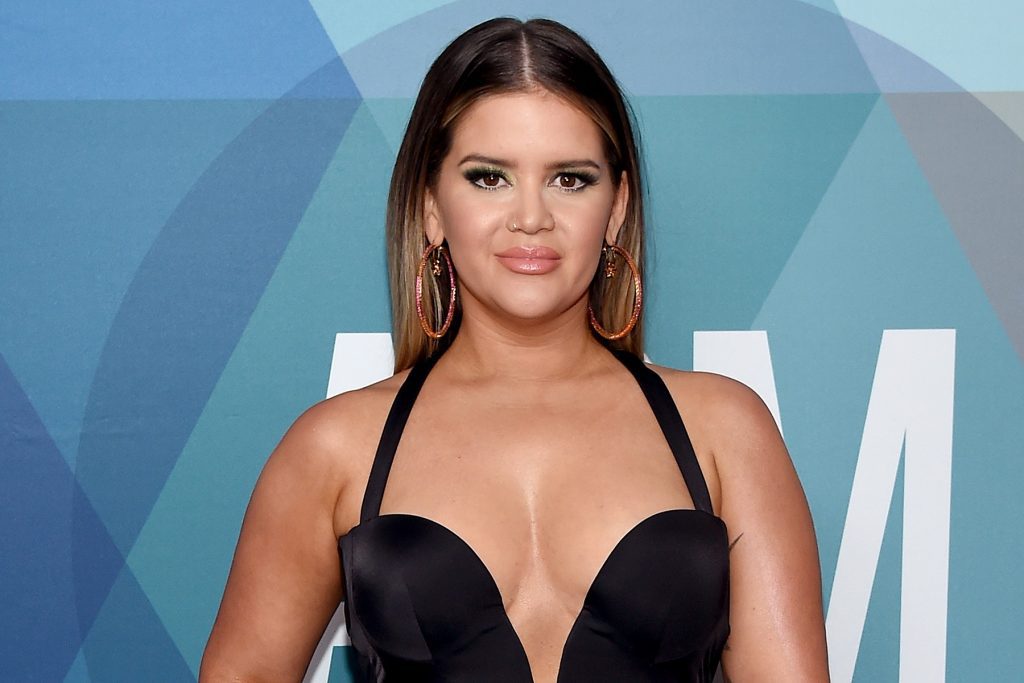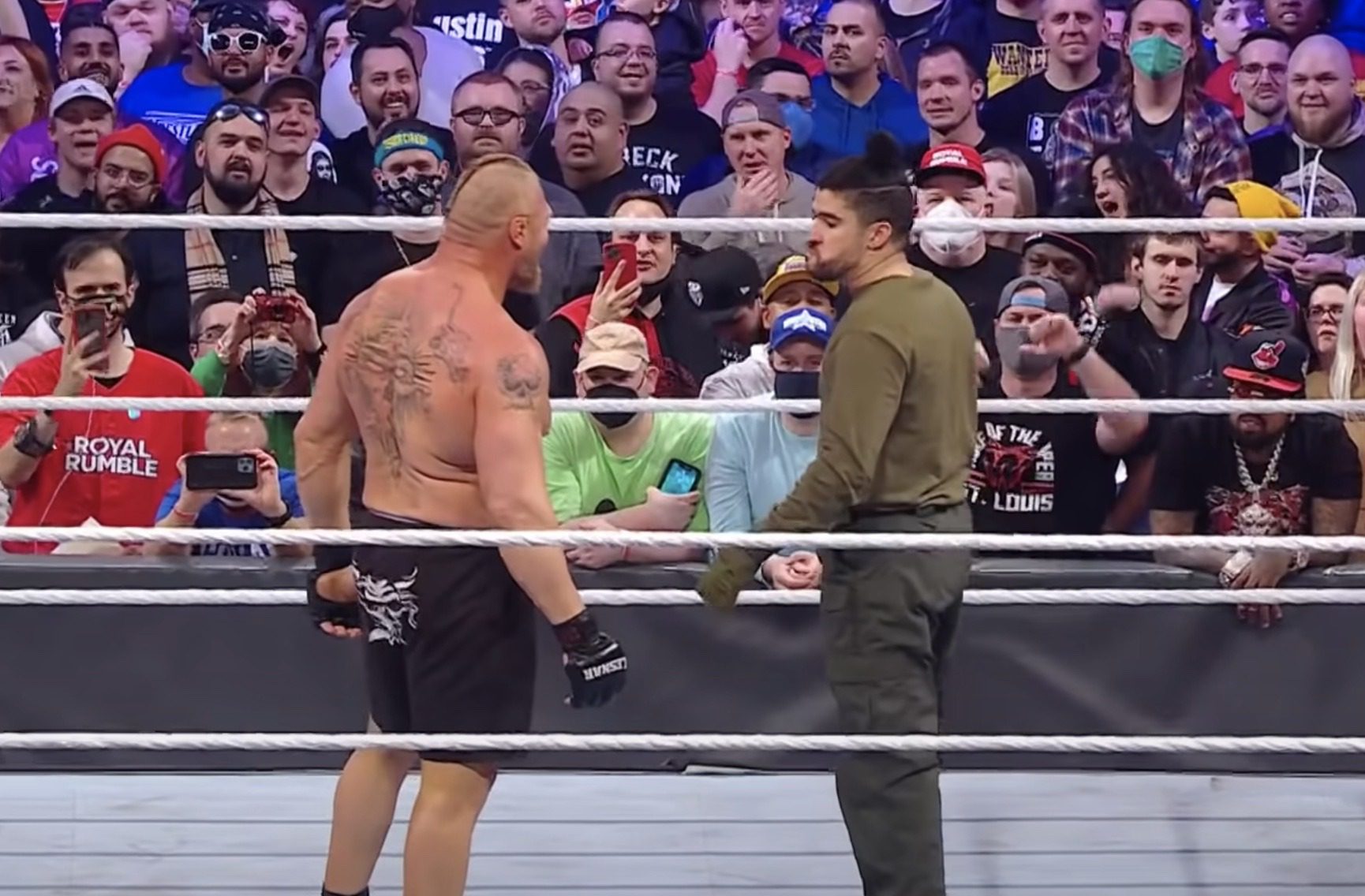
Kendrick Lamar’s ‘Mr. Morale and the Big Steppers’: 5 Things We Learned
After a long five-year absence, Kendrick Lamar has finally returned. Mr. Morale and the Big Steppers is the kind of dense, complex, contradictory, and thrilling journey into the mind of Pulitzer Kenny that we’ve been waiting for. With more than 70 minutes of music, there’s plenty here to process, enjoy, and debate. Our full review is on its way. In the meantime, here are five observations from a long night of deep listening.
1. Mr. Morale and the Big Steppers Is a Double Album … Sort Of
While formatted like a double album, Mr. Morale and the Big Steppers is reminiscent of an old-school two-vinyl release, with a running time of an hour: 34 minutes for Disc One, Big Steppers; and 38 minutes for Disc Two, Mr. Morale.At 15-plus minutes per side, it’s comparable to the first double album in hip-hop history, DJ Jazzy Jeff and the Fresh Prince’s 1998 hit, He’s the DJ, I’m the Rapper. It’s also in contrast to the nearly two-hour, double-CD blowouts of late ’90s epics like 2Pac’s All Eyez on Me, Wu-Tang Clan’s Wu-Tang Forever, the Notorious B.I.G.’s Life After Death, and E-40’s The Element of Surprise.
blogherads.adq.push(function () {
blogherads
.defineSlot( ‘medrec’, ‘gpt-dsk-tab-article-inbody1-uid0’ )
.setTargeting( ‘pos’, [“mid-article”,”mid”,”in-article1″,”mid-article1″] )
.setSubAdUnitPath(“music//article//inbody1”)
.addSize([[300,250],[620,350],[2,2],[3,3],[2,4],[4,2],[640,250]])
;
});
2. Lamar’s Guest List Is Filled With Shocking Surprises
Mr. Morale is packed with features like Blxst of “Chosen” fame, Wu-Tang ironman Ghostface Killah, R&B sensation Summer Walker, Caribbean singer Amanda Reifer, British singer-songwriter Sampha, and pgLang acts Baby Keem and Tanna Leone. But perhaps the biggest reveal is Beth Gibbons, the voice of U.K. trip-hop trio Portishead. She adds a spectral croon to “Mother I Sober,” Lamar’s wrenching and cathartic exploration of physical and sexual abuse in his family and the Black community. It’s Gibbons’ most high-profile musical contribution since Portishead’s final album to date, 2008’s brilliant Third. Until now, she’s only made modest appearances with Jneiro Jarel and MF Doom’s JJ Doom project, and British metal-ers Gonga (the latter an evocative cover of Black Sabbath’s “Black Sabbath”). Coupled with Portishead’s reunion gig during a May 2 Ukraine benefit concert, this month has brought a surprising groundswell of activity from the famously publicity-shy singer.
Meanwhile, Kodak Black gets more mic time than nearly anyone else on the album. Some will ask why Lamar is platforming a talented but wayward rapper who has been convicted for sexual assault and has generated numerous controversies since former President Donald Trump pardoned him in January 2021. An answer arrives near the end of “Mother I Sober” when Lamar raps, “I know the secrets/Every other rapper sexually abused/I see them daily burying their pain in chains and tattoos/So listen close before you pass judgement on how we move.” As evinced by Lamar’s widely acclaimed “The Heart Part IV” video clip, he believes that Black male behavior is a wide spectrum that can be tragically heroic (Nipsey Hussle), frustratingly erratic (Kanye West), heartbreakingly disappointing (Will Smith), and toxically violent (OJ Simpson).
Another uncomfortable Mr. Morale moment arrives in “We Cry Together,” where Lamar and actress Taylour Paige — who made a memorable star turn in the 2020 cult hit Zola — get into a loud argument full of cruel insults. The song is reminiscent of RZA’s 1998 fan favorite “Domestic Violence.” Here, Lamar gives Paige an equal voice, and she lands a few good lines: “Always act like your shit don’t stink/Motherfucker, grow up!”
blogherads.adq.push(function () {
blogherads
.defineSlot( ‘medrec’, ‘gpt-dsk-tab-article-inbody2-uid1’ )
.setTargeting( ‘pos’, [“mid-article2″,”mid”,”in-article2″,”mid-article”] )
.setSubAdUnitPath(“music//article//inbody2”)
.addSize([[300,250],[300,251],[620,350],[2,4],[4,2],[3,3],[2,2]])
.setLazyLoadMultiplier(2)
;
});
3. Yes, Kendrick Lamar Has Been Reading the News
There are several topical lyrics on Mr. Morale. He talks on “Father Time” about how Drake and Kanye squashing their “beef” last year “confused” him, only to realize that he needs to learn compassion and forgiveness himself. “Guess I’m not as mature as I think/Got some healing to do,” he adds.
Another moment bound to generate internet headlines arrives on the standout track “Savior,” when he appears to criticize Brooklyn Nets guard and prominent anti-vaxxer Kyrie Irving: “See the Christians say the vaccine the mark of the beast/Then he caught Covid and prayed to Pfizer for relief/Then I caught Covid and started to question Kyrie.” He also references Russian president Vladimir Putin on the same track (“Vladimir making nightmares”).
4. “Auntie Diaries” Is a Song of the Year Candidate
With “Auntie Diaries,” Lamar becomes the rare hip-hop superstar to honor the transgender community. As with everything Lamar, it’s complicated. He reveals that his aunt “is a man” now and his cousin is “Mary Anne now,” but he can’t help but dead-name both by calling out their identity before they transitioned. He admits that he frequently used the word “faggot” when he was younger. However, Lamar arrives at a very different place than Dave Chappelle, who tried the same stunt of deploying bigoted language in his 2019 special Sticks & Stones but ultimately couldn’t let go of his prejudices. Lamar’s eventual embrace of his queer family members feels sincere and hard-won, and for listeners who remember how fire-and-brimstone Christian torment has been central to his past work, it’s exciting to hear him reflect a spiritual ethos that’s more inclusive. “Auntie Diaries” is the highlight of an album that finds him fitfully evolving beyond the fears, misogyny, and wanderlusts of his past in favor of a richer, positive “morale” life.
5. Kendrick Lamar vs. “Cancel Culture”
Mr. Morale listeners are already parsing several Lamar lyrics that seem to embrace “cancel culture,” a concept many would argue doesn’t exist. On “Savior,” he raps, “Bite they tongues in rap lyrics/Scared to be crucified about a song but they won’t admit it/Politically correct, that’s how you keep an opinion.” “N95” finds him asserting, “I am too real/I’m done with the sensitive, taking it personal.” For “Worldwide Steppers,” he offers, “Niggas killed freedom of speech/Everyone’s sensitive.”
blogherads.adq.push(function () {
blogherads
.defineSlot( ‘medrec’, ‘gpt-dsk-tab-inbodyX-uid2’ )
.setTargeting( ‘pos’, [“mid”,”mid-articleX”,”in-articleX”,”mid-article”] )
.setSubAdUnitPath(“music//article//inbodyX”)
.addSize([[300,250],[300,251],[3,3],[620,350],[2,2]])
.setLazyLoadMultiplier(2)
;
});
However, it’s worth listening to Lamar’s lyrics within the context of the entire album. Mr. Morale finds him learning to let go of his youthful biases, an evolution not only prompted by his years-long absence from the rap scene (save for a handful of guest shots like Baby Keem’s “Family Ties”) and a global pandemic, but also his desire to be a better father, romantic partner, and citizen of the Black community, all while learning to accept a level of fame that makes fans swarm him whenever he’s seen in public. It’s a lot to process, and he says on the title track that sometimes he’s “afraid of my open mind.” He just wants to be honest about his journey. Besides, it’s not as if he pretends to be above criticism: “Kendrick made you think about it/But he is not your savior.”




